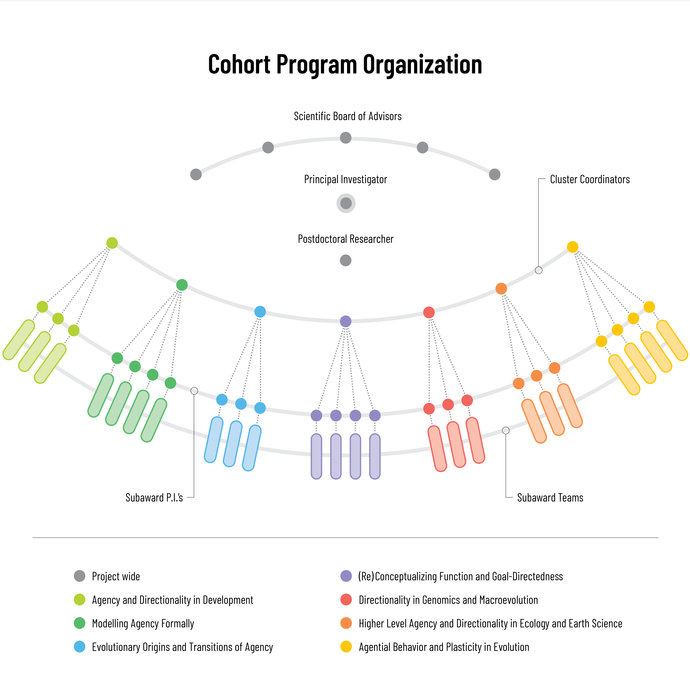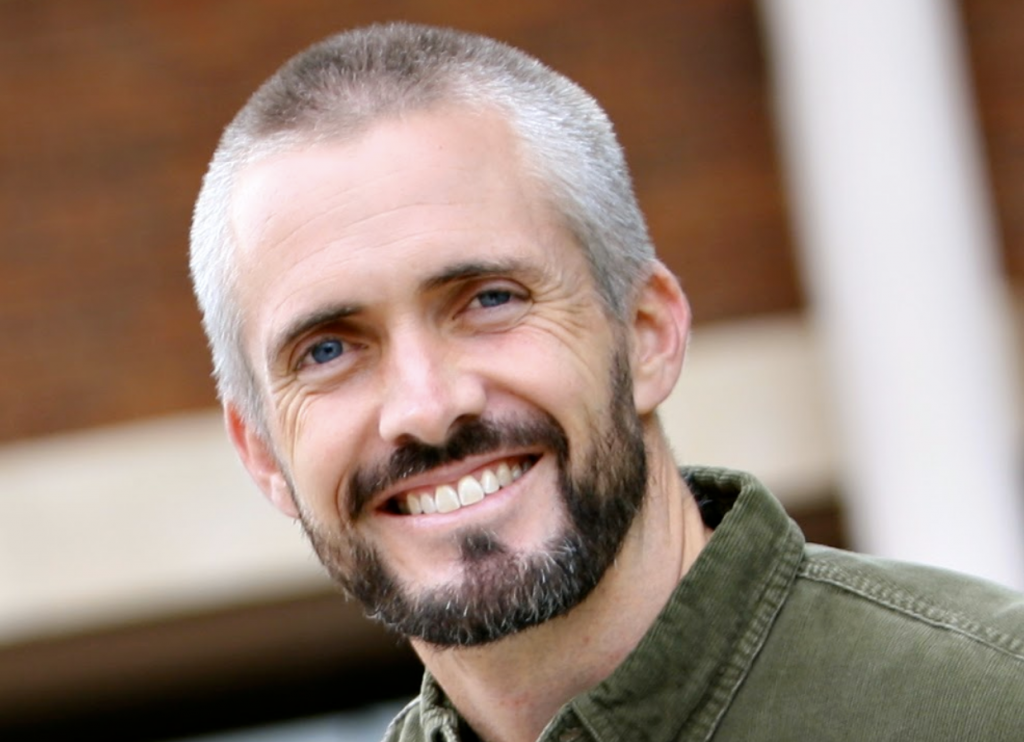Alan C. Love, professor of philosophy at the University of Minnesota and Director of the Minnesota Center for Philosophy of Science, has won a .5 million grant to support the interdisciplinary project “Agency, Directionality, and Function: Foundations for a Science of Purpose.”

You can learn more about the project here.

Seven clusters composed of multiple distinct research groups under the leadership of a coordinator will undertake collaborative activities that include within-team investigative tasks (e.g., conceptual analysis, formal modeling, and experimental inquiry), within-cluster workshops and briefings, and across-project conferences with strategic writing enterprises and outside commentators. These collaborative activities leverage the fact that each cluster is organized around key concepts (e.g., function and goal-directedness), modeling practices, and distinctive phenomena at diverse temporal and spatial scales—behavior, development, ecology, genomics, and macroevolution—and will result in conceptual, theoretical, and empirical outputs comprising foundations for a multidisciplinary science of purpose. These foundations will foster new lines of scientific research based on an increased array of conceptual possibilities, distinctive formal modeling strategies, and next-generation experimental platforms for the discovery, observation, and manipulation of purposive phenomena.
Here’s a brief description of the project:
Although biologists often use descriptive language that imputes purposiveness to living systems, many have argued that these conceptions are at best heuristic, and at worst egregious errors. However, there is a growing recognition that biological phenomena which suggest agency, directionality, or goal-directedness demand new conceptual frameworks that can translate into rigorous theoretical models and discriminating empirical tests.
This project addresses the demand through a novel, interdisciplinary, large-scale program that combines philosophers, theoreticians, and experimentalists to: (i) articulate more precise concepts related to function and purpose, (ii) develop innovative formal models of agency, (iii) operationalize notions of goal-directedness for accurate measurement, and (iv) trial and implement methods and platforms to detect and manipulate directionality in living systems.
The project’s organization involves seven cohorts or “clusters”:
The grant is from the John Templeton Foundation.

Each of the seven cohort coordinators are philosophers: Ellen Clarke (Leeds), James DiFrisco (KU Leuven), Stefan Linquist (Guelph), Laura Nuño de la Rosa (Complutense U. of Madrid), Anya Plutynski (Washington U., St. Louis), Armin Schulz (Kansas), and Denis Walsh (University of Toronto).



